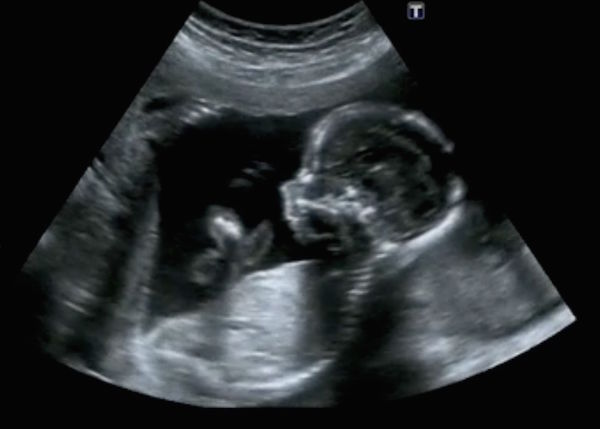
MONDAY, Aug. 10, 2015 (HealthDay News) — A certain type of social behavior helps babies learn a second language, a new small study suggests.
Researchers found that babies who engaged in more “gaze shifting” during sessions with a tutor showed increased brain response that indicates language learning.
In gaze shifting, an infant makes eye contact and then looks at the same object that the other person is looking at. It’s one of the earliest types of social skills in babies, the researchers said.
The study included 17 infants, about 10 months old, from English-speaking homes. Over four weeks, they attended a dozen 25-minute Spanish language tutoring sessions. During the sessions, the tutors read books to, and talked and played with, the infants in Spanish.
“Our study provides evidence that infants’ social skills play a role in cracking the code of the new language,” study co-author Patricia Kuhl, co-director of the Institute for Learning and Brain Sciences at the University of Washington, said in a university news release.
“We found that the degree to which infants visually tracked the tutors and the toys they held was linked to brain measures of infant learning, showing that social behaviors give helpful information to babies in a complex natural language learning situation,” she added.
The study was recently published online in the journal Developmental Neuropsychology.
In previous research, the same team of researchers found that gaze shifting helps preschool children learn more sophisticated language and social skills.
“Our findings show that young babies’ social engagement contributes to their own language learning — they’re not just passive listeners of language,” study co-author Rechele Brooks, a research assistant professor at the Institute for Learning and Brain Sciences, said in the news release.
“They’re paying attention, and showing parents they’re ready to learn when they’re looking back and forth. That’s when the most learning happens,” she said.
More information
The U.S. National Institute on Deafness and Other Communication Disorders has more about speech and language development.
Copyright © 2026 HealthDay. All rights reserved.

